Corrosion-Resistant Power: Hot-Dip Galvanized Self-Drilling Anchor Bolts
Time:2023-07-13From:sinorock View:
Hot-dip galvanized self-drilling anchor bolts play a crucial role in various construction projects, providing a reliable and robust anchoring solution. These bolts are designed to resist corrosion and offer enhanced durability, making them suitable for a wide range of applications. Understanding the principle of corrosion protection, the anti-corrosion characteristics, and the suitable application scenarios for hot-dip galvanized self-drilling anchor bolts is crucial to ensure their optimal performance.Principle of Corrosion Protection for Hot-Dip Galvanized Self-Drilling Anchor Bolts
Hot-dip galvanizing is a widely adopted method for achieving effective corrosion resistance. The process involves immersing the anchor bolts in a molten zinc bath, forming a metallurgical bond between the zinc coating and the steel substrate.
During hot-dip galvanizing, the zinc coating serves as a sacrificial barrier, shielding the underlying steel from corrosive elements such as moisture, oxygen, and chemicals. If the steel is exposed due to damage or wear, the zinc sacrificially corrodes instead, providing continuous protection. This galvanic protection mechanism ensures that the anchor bolts remain corrosion-free, even in aggressive environments.

Anti-Corrosion Characteristics of Hot-Dip Galvanized Self-Drilling Anchor Bolts
1. Enhanced Durability:
Hot-dip galvanized self-drilling anchor bolts offer exceptional durability due to their corrosion-resistant properties. The thick, uniform zinc coating provides a robust barrier against rust and corrosion, extending the service life of the bolts. Moreover, the zinc layer is consumed very slowly in the atmosphere and its life span far exceeds that of any other coating.
2. Self-Healing:
In the event of minor coating damage, the zinc layer on hot-dip galvanized self-drilling anchor bolts has the ability to self-heal. The zinc will naturally react with moisture and carbon dioxide in the atmosphere, forming a protective layer of zinc carbonate. This self-healing property helps maintain the integrity of the coating and prevents further corrosion.
3. Complete Coverage:
The process of hot-dip galvanizing is zinc bath corrosion protection, which ensures that the entire surface of the self-drilling anchor bolts, including recesses, threads, and crevices, is thoroughly protected. This complete coverage provides superior corrosion resistance, even in hard-to-reach areas.
4. Inexpensive:
In most cases, hot-dip galvanizing is less expensive and more durable than other paint coatings, and requires no maintenance at a later date.
5. Short Production Cycle:
The hot-dip galvanizing process involves subjecting the product to a zinc bath, a simple process that allows for faster processing efficiency compared to other coatings.
6. Steel Performance is Not Affected:
The hot-dip galvanizing treatment is carried out at over 400°C and does not affect the performance or toughness of the steel.
7. Efficient Construction:
The self-drilling feature of these anchor bolts eliminates the need for pre-drilling, making them efficient and cost-effective for installation in various materials, including concrete, masonry, and wood.
Application Scenarios for Hot-Dip Galvanized Self-Drilling Anchor Bolts
1. Infrastructure Projects:
Hot-dip galvanized self-drilling anchor bolts find extensive use in infrastructure projects such as bridges, highways, and tunnels. These projects often involve exposure to harsh weather conditions and corrosive environments. The corrosion resistance of galvanized anchor bolts ensures their long-term performance and minimizes maintenance requirements.
2. Marine and Coastal Structures:
In marine environments, self-drilling anchor bolts are subjected to the corrosive effects of saltwater, humidity, and airborne salts. The hot-dip galvanized coating provides excellent protection against these corrosive elements, making the bolts well-suited for applications such as seawalls, piers, and offshore structures.
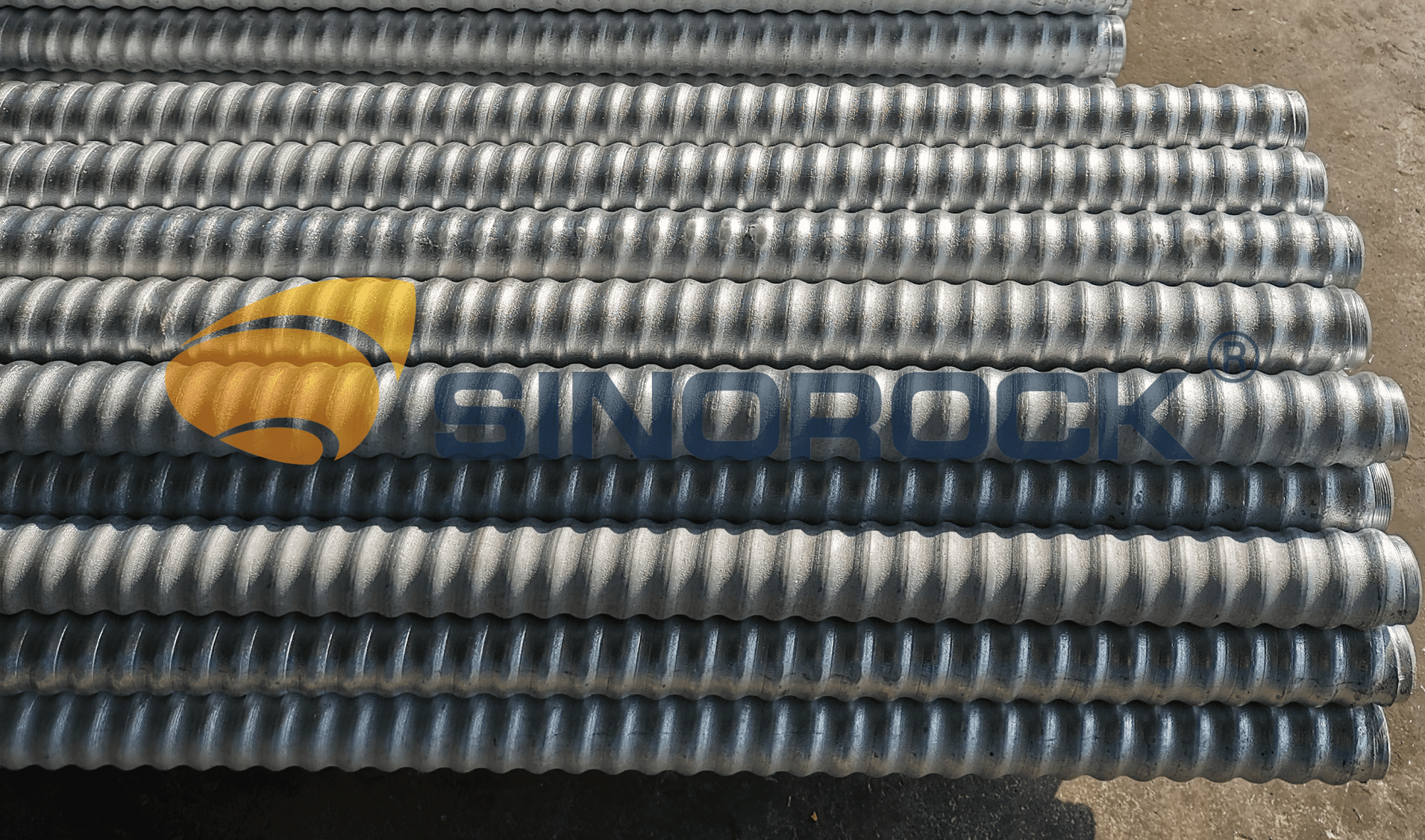
3. Industrial Facilities:
Industrial environments often expose anchor bolts to chemicals, pollutants, and moisture, leading to accelerated corrosion. Hot-dip galvanized self-drilling anchor bolts are resistant to a wide range of corrosive substances commonly found in industrial settings. They are commonly used in power plants, factories, and chemical processing plants.
4. Construction in High Humidity Areas:
In regions with high humidity or heavy rainfall, corrosion can be a significant concern for anchor bolts. Hot-dip galvanized self-drilling anchor bolts provide reliable protection against moisture-induced corrosion, making them ideal for applications in such areas.
Conclusion
Hot-dip galvanized self-drilling anchor bolts offer a robust and corrosion-resistant solution for various construction applications. Their corrosion resistance makes them reliable and cost-effective options, minimizing maintenance requirements and ensuring the structural integrity of various applications.
When considering anchor bolts for a project, engineers should evaluate the specific environmental conditions, potential exposure to corrosive elements, and the expected service life. By selecting hot-dip galvanized self-drilling anchor bolts, engineers can ensure the longevity and performance of their structures, enhancing safety and minimizing long-term maintenance costs.
As a professional manufacturer of anti-corrosion self drilling rock bolts,Sinorock provides different types of corrosion protection to suit different application environments. If you want to know more about anti-corrosion rock bolts, please contact sinorock@sinorockco.com for product information.
latest news
-
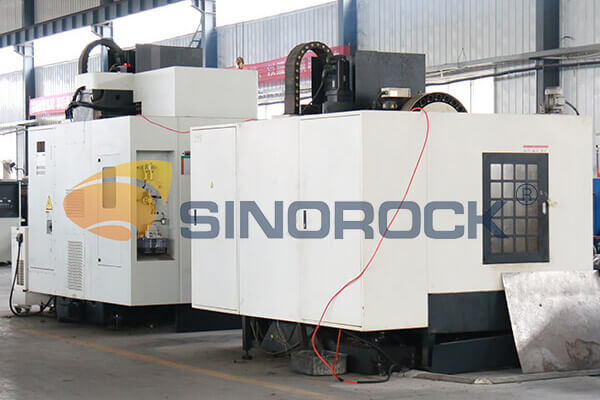
- 3 Crucial Factors That Impact the Quality of Self-Drilling Hollow Bolts
- Time:2025-01-26From:This Site
- As we all know, the quality of the self-drilling hollow bolts is vital to the whole project. It determines if the project is safe for the people in future use. Then, what will affect the quality of the self-drilling hollow bolts?
- View details
-

- Self-Drilling Anchor Bolt Construction in Complex Geological Slope
- Time:2025-01-24From:This Site
- During construction, Self-drilling hollow anchor bolt integrates drilling, grouting and anchoring functions, which significantly improves drilling efficiency. And under the action of pressure pump, the grouting in the rock strata and voids is full, which ensures the grouting thickness and anchoring effect.
- View details
-
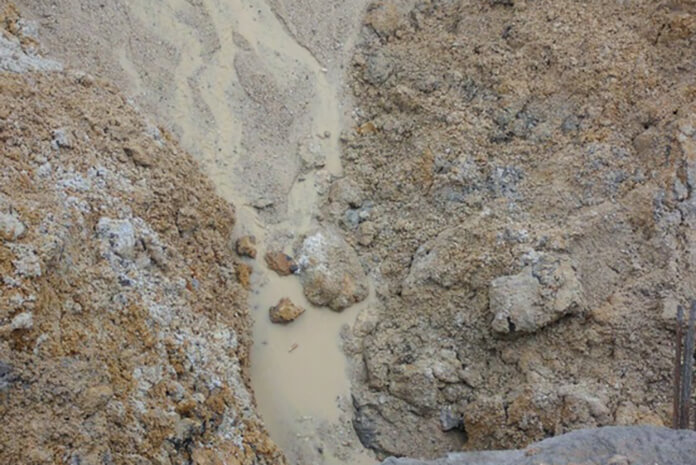
- How Does Self-drilling Rock Bolt Drill in Quicksand Geological Condition?
- Time:2025-01-19From:This Site
- This in-depth guide explores how self-drilling rock bolts function in quicksand geological conditions, covering the challenges, construction methods, and best practices for ensuring effective anchorage in unstable, fluidic soil layers.
- View details
-
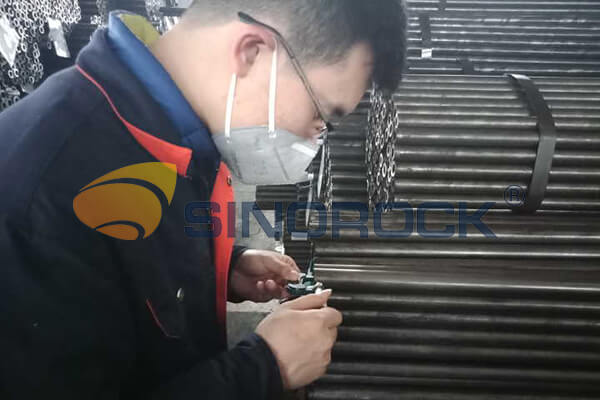
- Quality Control: the Vital Factor of A SDA Bolt Factory
- Time:2025-01-09From:This Site
- Sinorock’s comprehensive quality control system, from supplier management to outgoing inspections, ensuring the highest standards for self-drilling anchor bolts in construction.
- View details
-
.png)
- International Women's Day with Strawberry-picking
- Time:2024-03-09From:This Site
- Marked the annual observance of International Women's Day, and to commemorate this significant event, Sinorock organized a special strawberry-picking event exclusively for its female employees.
- View details
-

- Celebrate the 74th anniversary of the founding of the People's Republic of China
- Time:2023-10-01From:This Site
- On October 1st every year, we observe the annual National Day, commemorating the birth of our beloved motherland.
- View details
-
.jpg)
- SINOROCK to Attend EXPOMINA PERÚ 2024 in Lima, Peru
- Time:2024-08-10From:This Site
- Sinorock to Attend EXPOMINA PERÚ 2024 in Lima, Peru
- View details
-
.jpg)
- SINOROCK to Participate in MINING AND METALS CENTRAL ASIA 2024
- Time:2024-08-08From:This Site
- SINOROCK to Participate in MINING AND METALS CENTRAL ASIA 2024
- View details
-
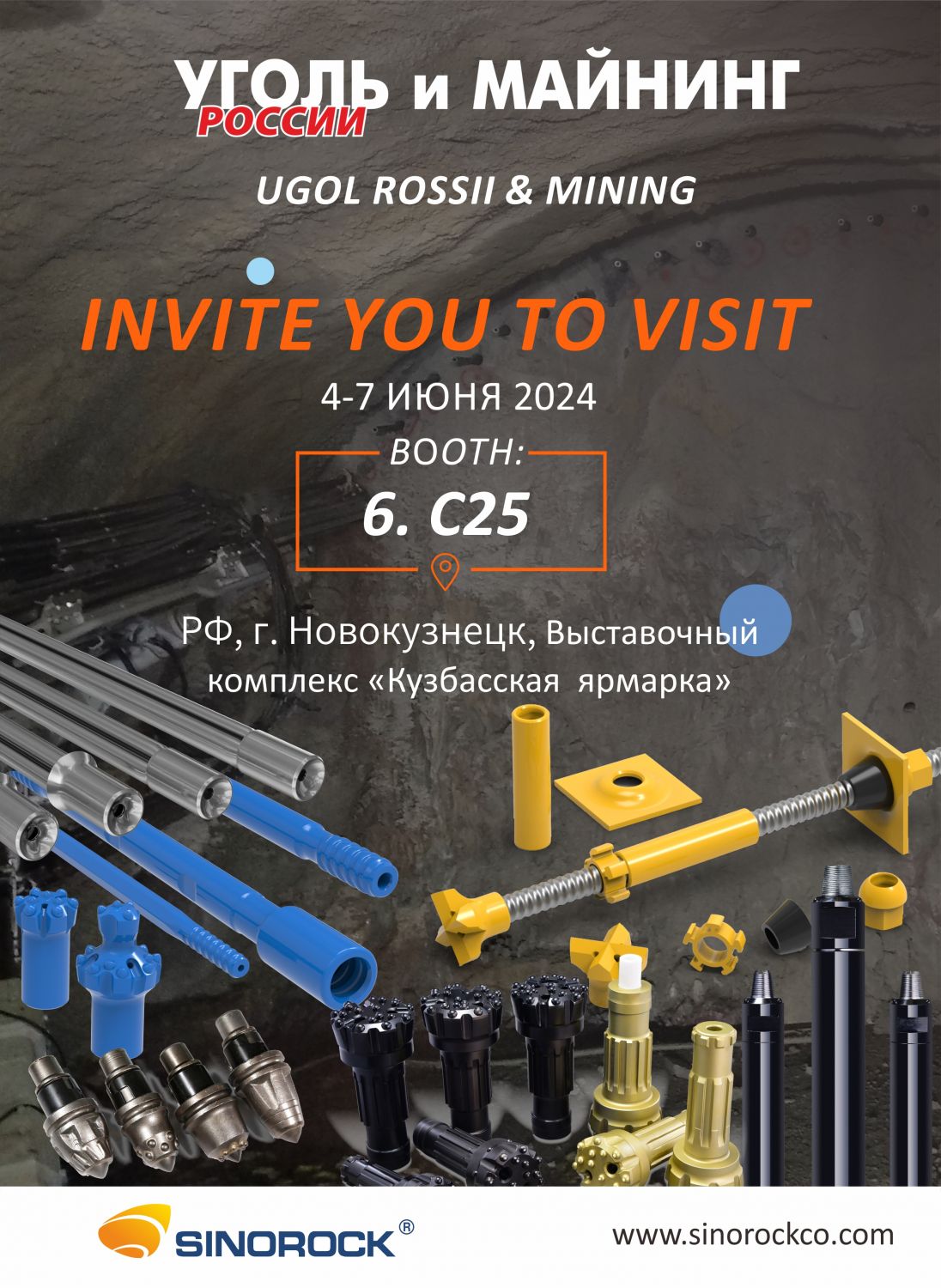
- SINOROCK Gears Up for UGOL ROSSII & MINING 2024 with Custom Mining Solutions
- Time:2024-05-15From:This Site
- SINOROCK is thrilled to announce its participation in the highly anticipated 32nd International Trade Fair for Mining Technology, UGOL ROSSII & MINING 2024. The event will take place at the Exhibition complex "Kuzbass Fair" in Novokuznetsk, Kemerovo region - Kuzbass, Russia, from June 4th to 7th, 2024.
- View details
 Download
Download 


